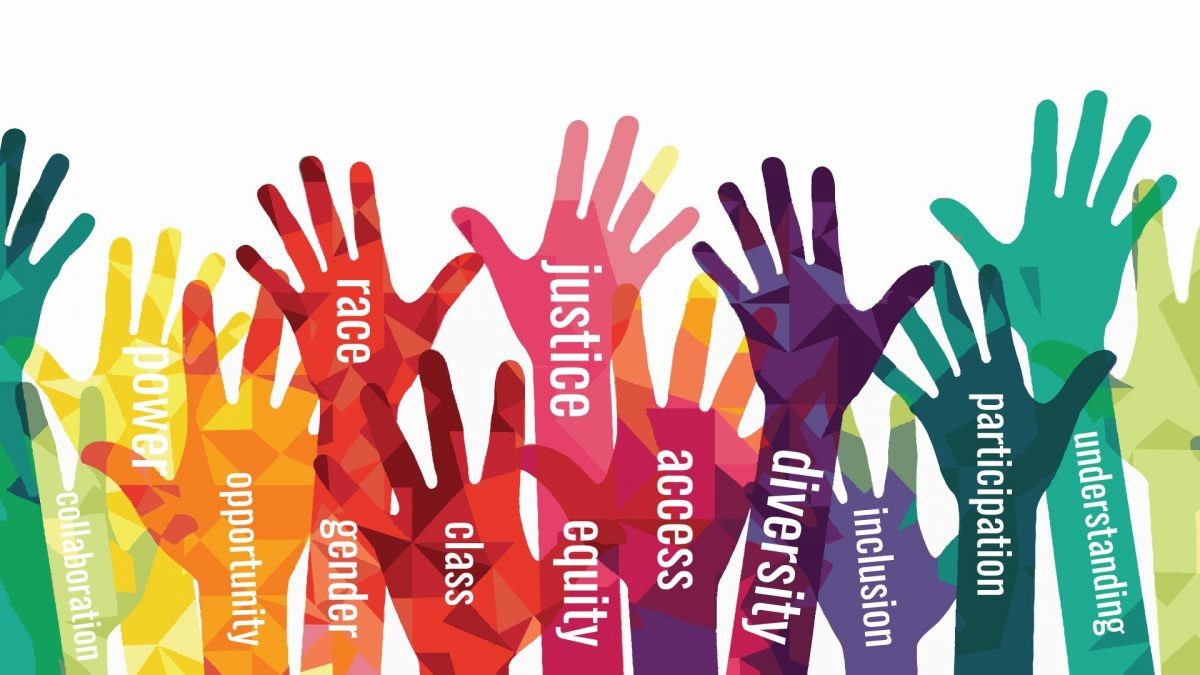
Social Justice
Social justice refers to the concept of creating a fair and equal society where individuals have equal access to opportunities, resources, and rights. In the United States, social justice is often connected to issues of race, gender, economic inequality, and civil rights. Historically, the movement for social justice has sought to address disparities in areas such as income, education, healthcare, and criminal justice, advocating for systemic changes to reduce inequalities and discrimination.
The Civil Rights Movement of the 1950s and 1960s is a notable example of social justice efforts in the U.S., focusing on ending racial segregation and ensuring equal rights for African Americans. The movement led to landmark legislation, including the Civil Rights Act of 1964 and the Voting Rights Act of 1965, aimed at eliminating racial discrimination in public life and ensuring equal access to voting.
In more recent years, social justice movements have expanded to include a broader range of issues. The Black Lives Matter (BLM) movement, which began in 2013, focuses on police brutality and systemic racism against African Americans. Gender equality has also been a key focus, with movements like #MeToo bringing attention to sexual harassment and gender-based violence, while advocating for women's rights in the workplace and beyond.
Economic inequality is another critical aspect of social justice. Advocates for economic justice push for policies such as raising the minimum wage, affordable housing, and access to quality education and healthcare for low-income individuals. Efforts to address income inequality often intersect with issues of race and gender, as marginalized groups tend to be disproportionately affected by economic disparities.
LGBTQ+ rights are also part of the social justice landscape in the U.S., with advocacy for marriage equality, protection against discrimination, and access to healthcare. Legal victories like the Supreme Court ruling on Obergefell v. Hodges in 2015, which legalized same-sex marriage nationwide, have marked significant progress in this area.
Social justice movements often involve activism, advocacy, and policy reform, aimed at creating structural changes to institutions and laws that perpetuate inequality.
Stichworte







